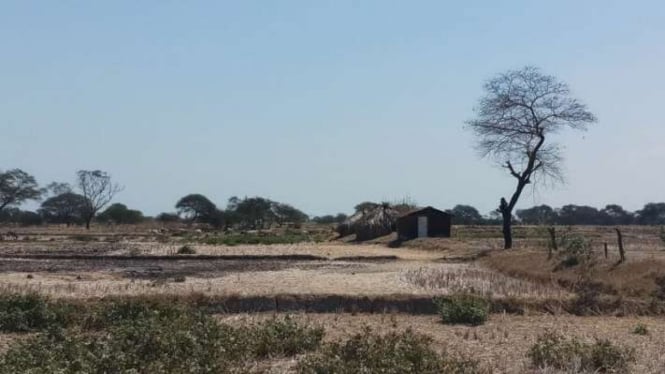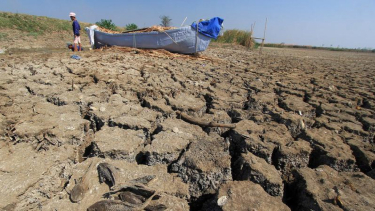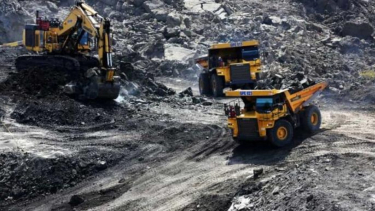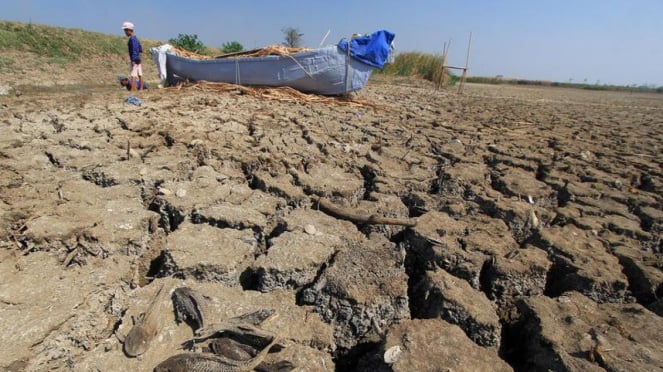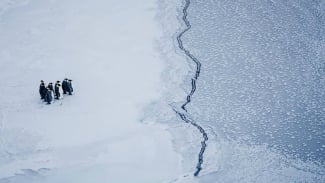- ANTARA/Aloysius Lewokeda
Jakarta – A professor of Agronomy and Agroecology from Dalhousie University, Canada, Derek Lynch stated that Earth has entered the Anthropocene era. The Anthropocene era begins when human activities start to negatively affect the Earth's ecosystem.
There is no consensus on when the Anthropocene era began, but some scientists think it may have started during the Industrial Revolution in the late 18th century.
Meanwhile, some scientists said that the Anthropocene occurred in the distant past. They argue that the Anthropocene may have started as early as 14,000 to 15,000 years BCE based on evidence from the lithosphere or the outer crust.
Ilustrasi kemarau atau kekeringan.
- ANTARA FOTO/Dedhez Anggara
Despite the debate about when the Anthropocene era began. In essence, it was a period when human activity had a devastating impact on Earth.
To know an era, scientists look at it through the fossils of creatures that lived in that era. As example, Tyrannosaurus rex fossils characterize the Late Cretaceous Period.
When geologists in the future study the Anthropocene, they may find fossilized plastic waste and farm chickens that define human life at that time.
According to a survey conducted by the World Economic Forum, by 2050 the amount of plastic waste will allegedly exceed the amount of fish in the ocean.
Meanwhile, the United Poultry Concerns report states that chicken farming is also increasing rapidly. In fact, 50 billion chickens are slaughtered each year for human consumption.
It is common knowledge that methane gas produced by chickens and other farm animals increases greenhouse gas emissions and causes the planet to heat up.
Limbah FABA (Fly ash and Bottom ash) dari hasil pembakaran batu bara
- vstory
Here are some evidences that the Earth has entered the Anthropocene era:
- Flora and fauna extinction rates are soaring well above average. Earth will lose about 75 percent of its species in the next few centuries if humans don’t prevent it.
- Carbon dioxide in the atmosphere is increasing at the fastest rate for 66 million years.
- Plastic waste is filling waterways and oceans with microplastic particles that are now contaminating marine ecosystems.
- The amount of nitrogen and phosphorus in the soil has doubled in the last century due to fertilizer use.
- Leaving a permanent layer of soot or black carbon on glaciers and in the air from burning fossil fuels.

